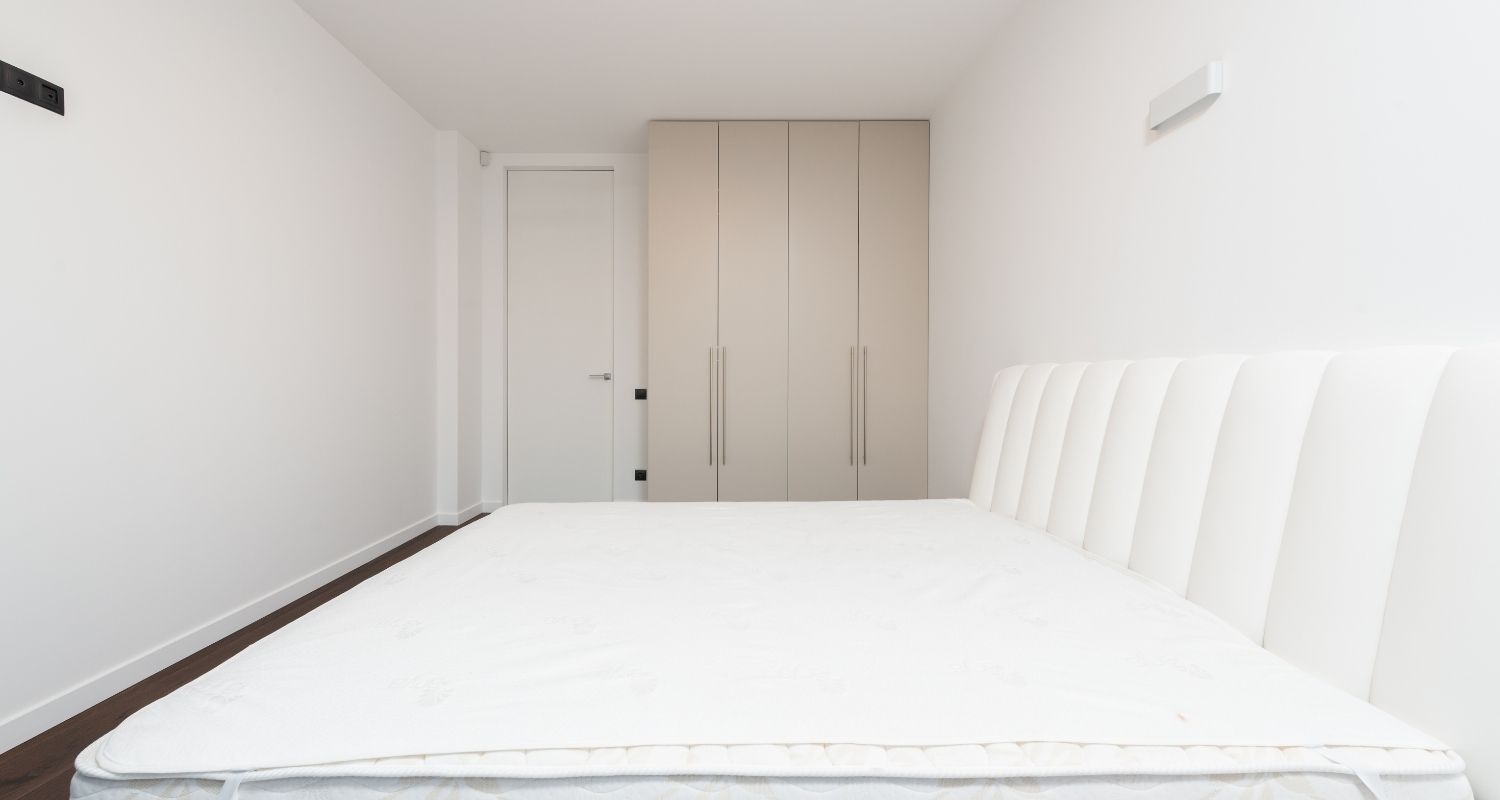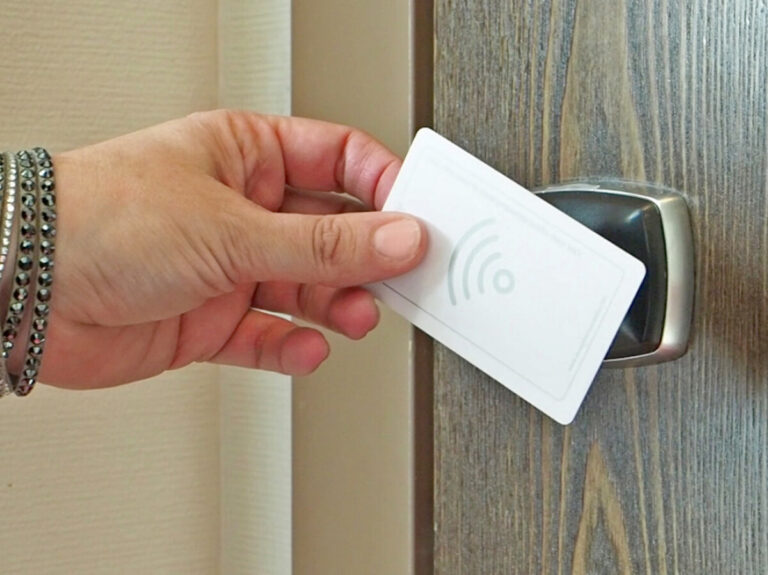
Hotels aim to provide guests with a comfortable and clean stay. One key aspect of this is the mattress. But how often do hotels change mattresses? Let’s explore this topic in detail.

Credit: www.peeryhotel.com
Why Mattress Replacement Is Important
Mattress replacement is vital for several reasons. It ensures guest comfort and maintains hygiene. Over time, mattresses wear out and lose their support. This can lead to a poor night’s sleep. Additionally, old mattresses can harbor allergens, dust mites, and bacteria. Regular replacement helps to keep these problems at bay.
Industry Standards for Mattress Replacement
There is no universal standard for how often hotels should change mattresses. However, many hotels follow guidelines provided by industry experts. Typically, hotels replace mattresses every 5 to 7 years. This range can vary based on several factors.
Factors Affecting Mattress Replacement Frequency
- Hotel Type: Luxury hotels may replace mattresses more often than budget hotels.
- Guest Volume: Hotels with high guest turnover may need to replace mattresses more frequently.
- Mattress Quality: Higher quality mattresses may last longer and need less frequent replacement.
- Maintenance Practices: Proper mattress care can extend its lifespan.

Credit: newthaihotels.com
Signs That a Mattress Needs Replacement
Knowing when to replace a mattress is crucial. Here are some signs that a mattress needs to be changed:
- Visible Wear and Tear: If the mattress has rips or stains, it needs replacement.
- Lack of Support: If the mattress feels saggy or lumpy, it’s time for a new one.
- Noise: If the mattress makes noise when guests move, it may be worn out.
- Guest Complaints: Frequent complaints about mattress comfort are a clear sign.
How Hotels Manage Mattress Replacement
Hotels have systems in place to manage mattress replacement. These systems ensure that mattresses are changed regularly and efficiently. Here’s how hotels typically handle this process:
Regular Inspections
Hotels perform regular inspections of their mattresses. Housekeeping staff check for signs of wear and tear. These inspections help identify mattresses that need replacement.
Guest Feedback
Guest feedback is crucial for hotels. Many hotels have systems to collect and review guest comments. Complaints about mattress comfort are taken seriously. Hotels use this feedback to decide when to replace mattresses.
Scheduled Replacements
Some hotels have a schedule for mattress replacement. They plan to replace mattresses every few years. This ensures that all mattresses are replaced regularly, even if there are no visible issues.
Benefits of Regular Mattress Replacement
Regular mattress replacement offers several benefits. It ensures guest comfort, improves hygiene, and can even boost a hotel’s reputation. Here’s a closer look at these benefits:
Enhanced Guest Comfort
New mattresses provide better support and comfort. This leads to a better night’s sleep for guests. Happy guests are more likely to return and recommend the hotel to others.
Improved Hygiene
Old mattresses can harbor allergens and bacteria. Replacing mattresses regularly helps maintain a clean and healthy environment. This is especially important for guests with allergies or sensitivities.
Positive Reviews And Reputation
Guests notice when a hotel takes care of its facilities. Regular mattress replacement can lead to positive reviews. A good reputation can attract more guests and increase bookings.
Frequently Asked Questions
How Often Do Hotels Replace Mattresses?
Hotels typically replace mattresses every 3 to 5 years.
Why Do Hotels Change Mattresses?
Hotels change mattresses to maintain comfort and hygiene for guests.
Do Luxury Hotels Change Mattresses More Often?
Yes, luxury hotels may replace mattresses more frequently for premium guest experience.
How Do Hotels Maintain Mattress Quality?
Hotels maintain mattress quality with regular cleaning and inspections.
Conclusion
Mattress replacement is crucial for hotels. It ensures guest comfort and maintains hygiene. While there is no universal standard, many hotels replace mattresses every 5 to 7 years. Factors such as hotel type, guest volume, and mattress quality can affect this frequency. Regular inspections, guest feedback, and scheduled replacements help hotels manage this process. The benefits of regular mattress replacement include enhanced guest comfort, improved hygiene, and a positive reputation.
By paying attention to mattress replacement, hotels can ensure a comfortable and enjoyable stay for their guests.




